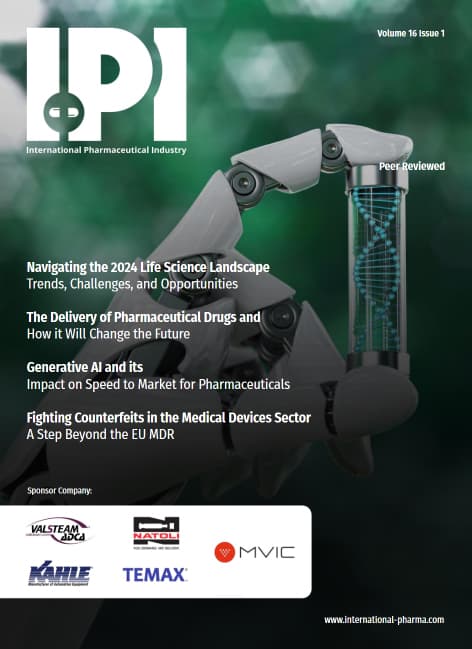Tailoring medical treatment to the individual characteristics of patients based on genetic, environmental and lifestyle factors is quickly superseding more traditional clinical trial models. And with the benefits on offer, it’s clear to see why. Precision medicine, also referred to as personalised medicine, is helping healthcare providers better understand the factors that affect patients’ health, disease, or conditions. Natalie Balanovsky at Almac Group explains that this enables providers to predict more accurately which treatments will be the most effective and safe and to avoid prescribing drugs with predictable side effects.
Extract:
‘Managing the Inherent Complexity and Risk of Precision Medicine Clinical Supply Chains’
Design-Make-Test-Analyse cycle and productivity
Tailoring medical treatment to the individual characteristics of patients based on genetic, environmental and lifestyle factors is quickly superseding more traditional clinical trial models. And with the benefits on offer, it’s clear to see why.
Precision medicine, also referred to as personalised medicine, is helping healthcare providers to better understand the factors that play a role in patients’ health, disease, or conditions. This enables providers to more accurately predict which treatments will be most effective and safe and to avoid prescribing drugs with predictable side effects.
Through its ability to improve disease detection, predict susceptibility to disease and preempt disease progression, precision medicine is also helping to shift the emphasis from reactionary to preventative; giving rise to customised disease-prevention strategies.
For clinical trial sponsors, precision medicine has the potential to eliminate trial-and-error inefficiencies that inflate healthcare costs and undermine patient care. With the reduced time, cost and failure rate of clinical trials contributing to substantial market growth, precision medicines will undoubtedly play a pivotal role in the future of drug development.
Yet, with this increased opportunity, comes increased complexity and risk. To reap the rewards associated with operating precision medicine trials, sponsors must approach with caution and focus firmly on proactive planning that will facilitate supply chain flexibility and viability.
Transforming drug development with a precision approach
Drug development is moving away from the blockbuster model. Driven by patient centricity, a large number of trials are now conducted under a diversified intermediate model, where the IND is designed for a specific group detailed within inclusion/exclusion criteria. The model’s objective is to reduce adverse events and instances of little to no benefit and increase the percentage of patients who benefit from treatment.
Click the download button below to read the complete version of ‘Managing the Inherent Complexity and Risk of Precision Medicine Clinical Supply Chains’ by Natalie Balanovsky at Almac Group

























